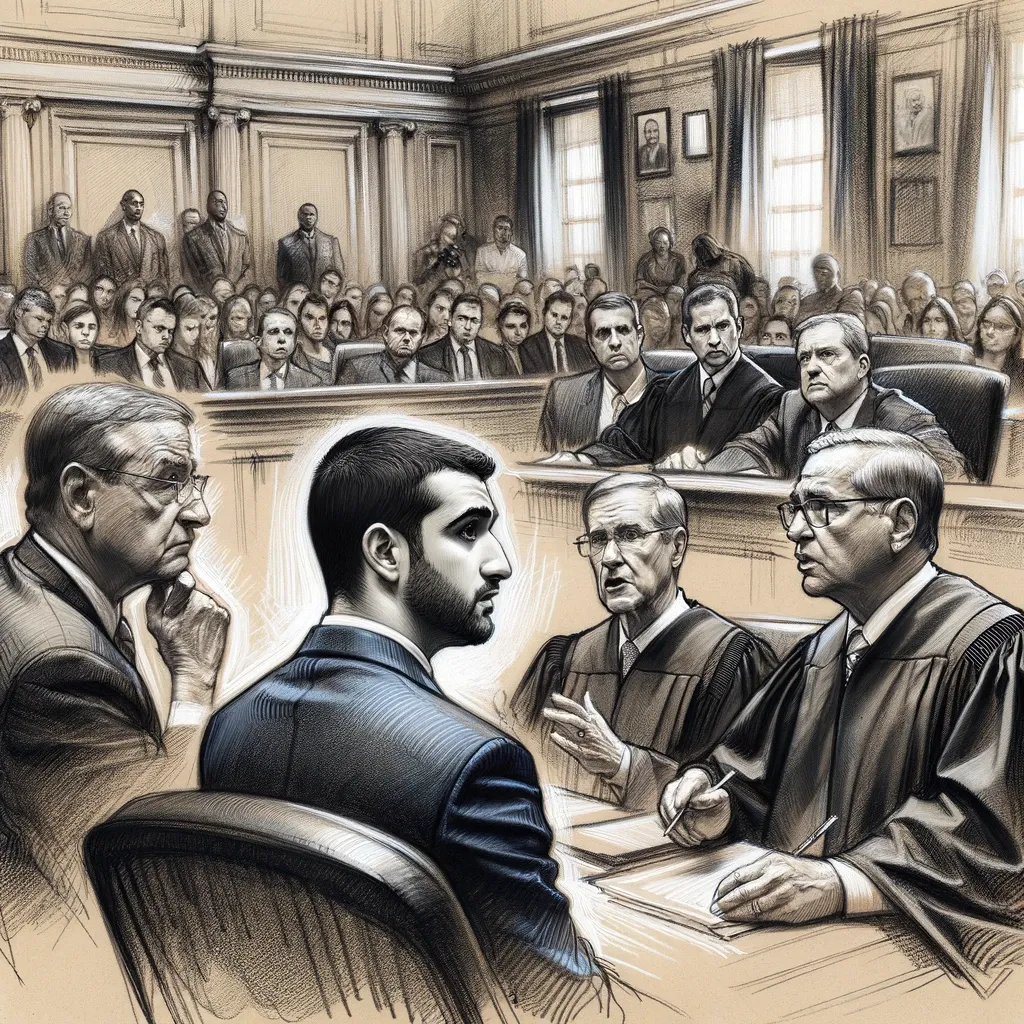Case Digest on Samia v. United States

The Supreme Court held that the Confrontation Clause was not violated by admitting a non-testifying co-defendant's confession that indirectly implicated the defendant, provided it was accompanied by a proper limiting instruction.
Introduction:
This case explores the boundaries of the Confrontation Clause in the context of joint trials and the admissibility of non-testifying co-defendants' confessions.
Facts of the Case:
Adam Samia, along with Joseph Hunter and Carl Stillwell, was charged with murder-for-hire related to the killing of Catherine Lee. The government sought to admit Stillwell's confession, which implicated Samia indirectly, in their joint trial.
Issue of the Case:
Whether the Confrontation Clause bars the admission of a non-testifying co-defendant's confession that has been modified to avoid directly identifying the non-confessing co-defendant, with a limiting instruction provided to jurors.
Ruling of the Case:
The Court ruled that the admission of such a confession does not violate the Confrontation Clause, emphasizing the historical practice and the presumption that jurors follow instructions.
Impact on the Legal System:
This decision clarifies the use of non-testifying co-defendants' confessions in joint trials, reinforcing the practice of modifying confessions and providing limiting instructions to jurors.
Conclusion:
The ruling in SAMIA v. UNITED STATES supports the admissibility of modified confessions in joint trials, provided they are accompanied by proper jury instructions, thus balancing the rights of defendants under the Confrontation Clause with the practicalities of criminal trials.

